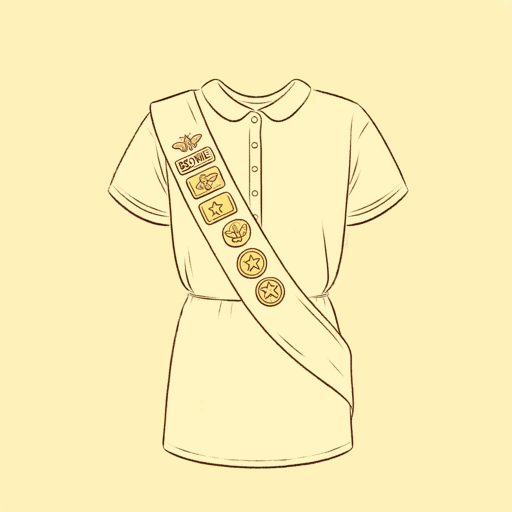51 pages • 1 hour read
ZZ PackerDrinking Coffee Elsewhere
Fiction | Short Story Collection | Adult | Published in 2003A modern alternative to SparkNotes and CliffsNotes, SuperSummary offers high-quality Study Guides with detailed chapter summaries and analysis of major themes, characters, and more.
Symbols & Motifs
Overview
Clareese (“Every Tongue Shall Confess”) describes helping a woman whose child ate ants, calling them, “God’s creatures, and though disturbing, they wouldn’t harm the boy” (36). In “The Ant of the Self,” Spurgeon listens to a speech at the Million Man March in which a preacher asserts “that freedom is attained only when the ant of the self—that small, blind, crumb-seeking part of ourselves—casts off slavery and its legacy, becoming a huge brave ox” (101). Ants function on instinct, moving one tiny crumb of food at a time. They are small, but they have the capability to be disproportionately strong, especially when they work together. The need to eat and shelter themselves is all-consuming, however, leaving little time and energy beyond meeting the basic needs of survival. Similarly, after slavery and desegregation, African Americans were left to lift themselves out of poverty, beginning with virtually nothing.
With the parable about ants and oxen, the preacher suggests that slavery to the basic necessities is distracting from the fight for freedom. Ants are also anonymous, creating an assembly line in which the individual is unimportant. In “Our Lady of Peace,” Lynnea compares herself to an ant when Robert the Cop pulls her over near the end of the story.


